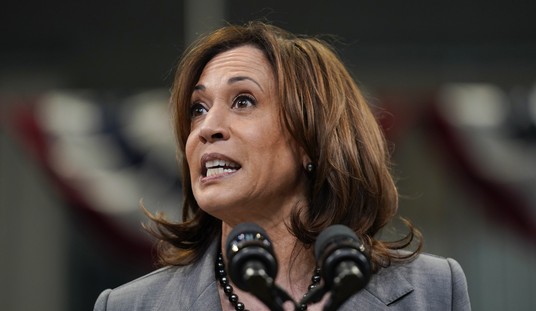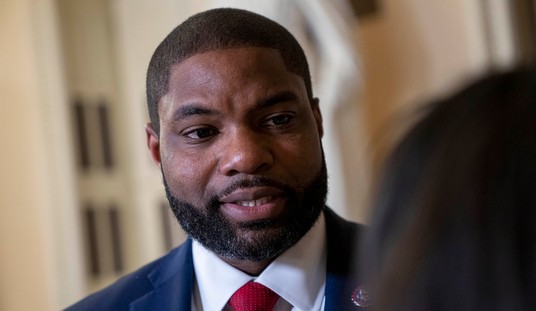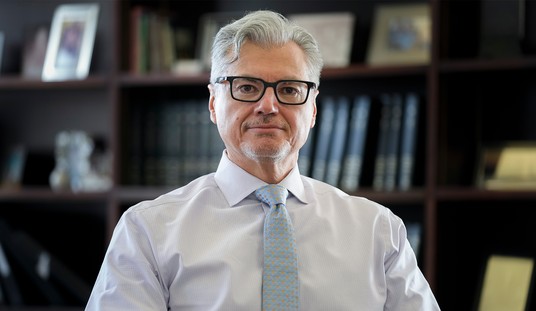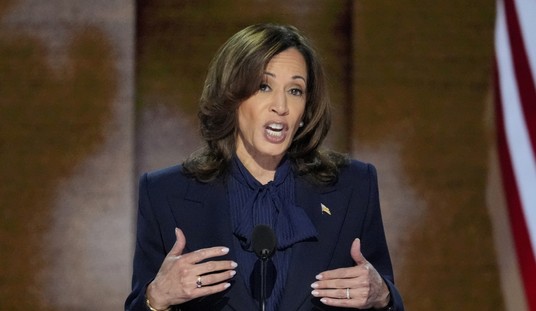Here’s a headline from Fox news about Obama’s upcoming trip to Europe:
Obama Trip Could Push Rock-Star Persona to New Heights
The story explains:
“What you’re about to see is enormous publicity,” Democratic strategist Susan Estrich said. “He’s got three anchors coming with him. He’s got the glitterati of the press corps.”
With his visit, the presumptive Democratic nominee is recreating the kind of public whirlwind that he enjoyed at the height of the Democratic primary — only on a global scale.
Yesterday, reflecting on Obama’s call for “civilian national security force that’s just as powerful, just as strong, just as well-funded” as the United States military, I quoted Hannah Arendt’s observation that “a mixture of gullibility and cynicism” as a reliable feature of totalitarian movements, with the quota of cynicism increasing as one ascended from the ran and file to the leadership of the movement.
The swooning intoxication of the press as it contemplates the spectacle of Obama in Europe–its anticipation of a Beatlemania-sort of populist publicity blitz–reminds me of something else Arendt discusses in The Origins of Totalitarianism, namely “the temporary alliance between the mob and the elite.” Arendt has many pertinent things to say about the effects of this alliance, and perhaps I will come back to her analysis in a later post. For now, let me simply quote what she has to say about the reason for the superiority of totalitarian propaganda:
The fundamental reason for the superiority of totalitarian propaganda of the propaganda of other parties and movements is that its content, for the members of the movement at any rate, is no longer an objective issue about which people may have opinions, but has become as real and untouchable an element in their lives as the rules of arithmetic.
That is, the propaganda, the image, the ideology, is beyond criticism because it is accepted not as a description of a political platform but a charismatic performance whose goal is not expression of limited policies but a sort of magical unity. In such cases, hesitation is evidence of faithlessness while criticism assumes the lineaments of heresy.
The question remains, however, whether most Americans wish to see their political institutions transformed into props for such pre-critical, mystical posturing.







Join the conversation as a VIP Member